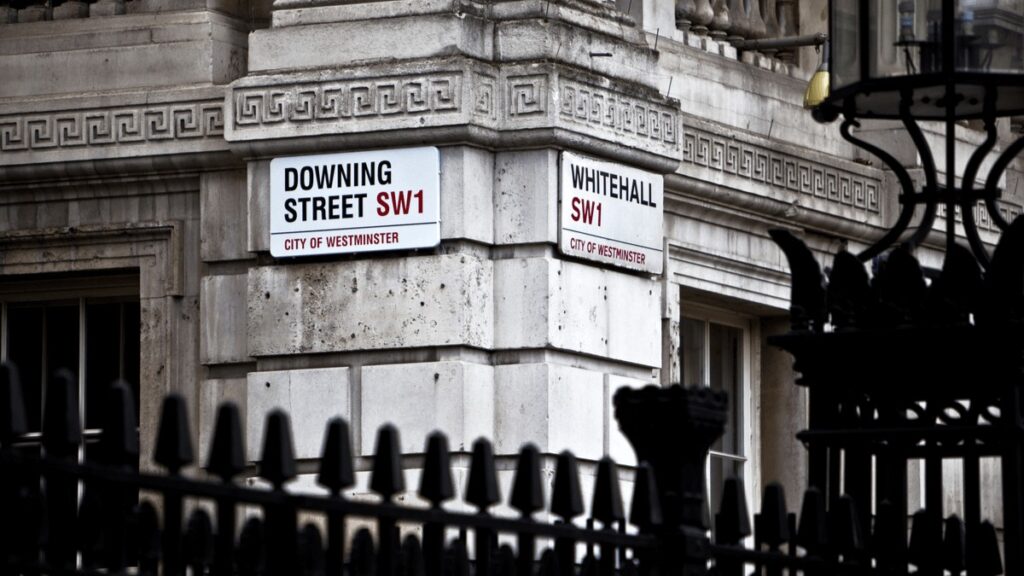
The UK government’s Board of Trade uncovered Friday a report with plans to enhance digitalization of global trading to deliver significant opportunities for local businesses to play a role in empowering economic growth.
The board, led by the country’s trade minister Anne Marie Trevelyan, structured the report to highlight the vitality of heightening digitalization of global trading deals’ intensity, which will play a fundamental role in developing the needed universal rules to accommodate the rise of the digital era and its technologies.
“By addressing digital protectionism on the global stage and championing a free, open, and competitive digital economy, more UK companies will be able to export their innovative, high-quality services and goods globally,” the trade minister said in a statement.
Digital trade addresses the commerce supported by electronic means, be it by telecommunications and/or Information and Communication Technology (ICT) services – digital and data services – and it encompasses trade in goods and services. It is one of the most vital aspects of economic growth for all sectors of European industries.
Earlier in October, a government-backed entity entrusted with attracting and enabling exports and inward investments revealed that the UK’s vision should be directed towards following the G7 agreement between nations.
In an attempt to renovate international tax laws, a group of seven countries reached an agreement directed at halting large multinational firms from exploring tax-havens. This will weaponize these nations with the needed means to pressure them to pay a certain amount of their incomes to governments.
Finance leaders from seven nations approved an agreement to support a new global minimum tax rate of a minimum of 15 percent for overseas companies. Meaning, regardless of where the company’s headquarters are located, it will be obliged to submit its taxes.
The G7 agreement will impose more taxes on Big Tech giants, such as Facebook, Amazon, and Google, as well as various big global enterprises to fulfill their tax duties depending on the location of their market, no matter if the company itself has a physical presence in the country.
The group of seven nations’ union to force business titans to pay due taxes will carry out a much larger international unanimity on digital policies and standards.
Given that digital technology increasingly supports trade, Britain will also pursue to reach a Digital Economy Agreement with Singapore, as it is perceived as a global tech hub in the world. The move will help the UK uncover the capabilities of digital trading rules to other countries in the World Trade Organization, the report stated.